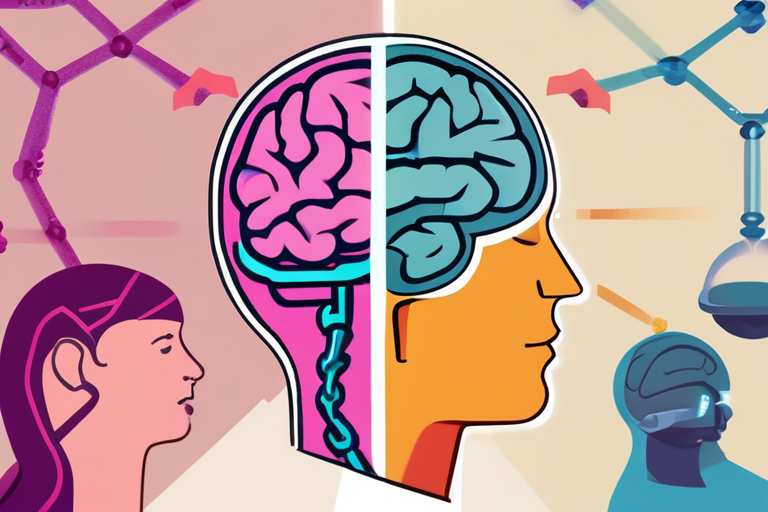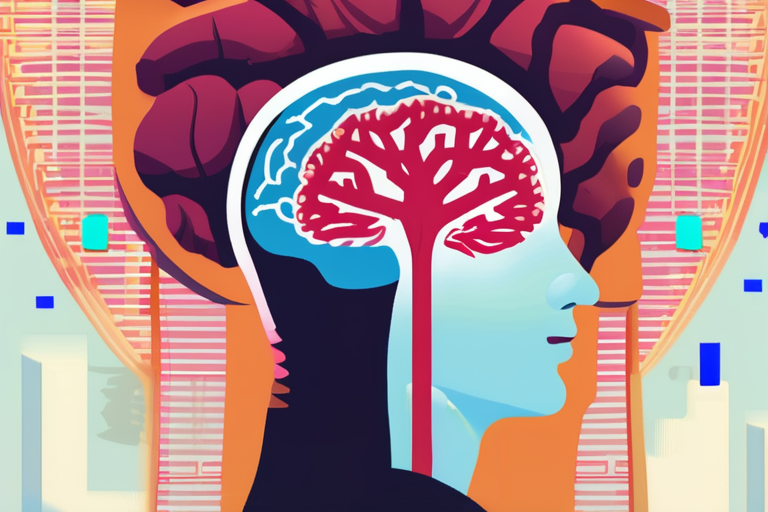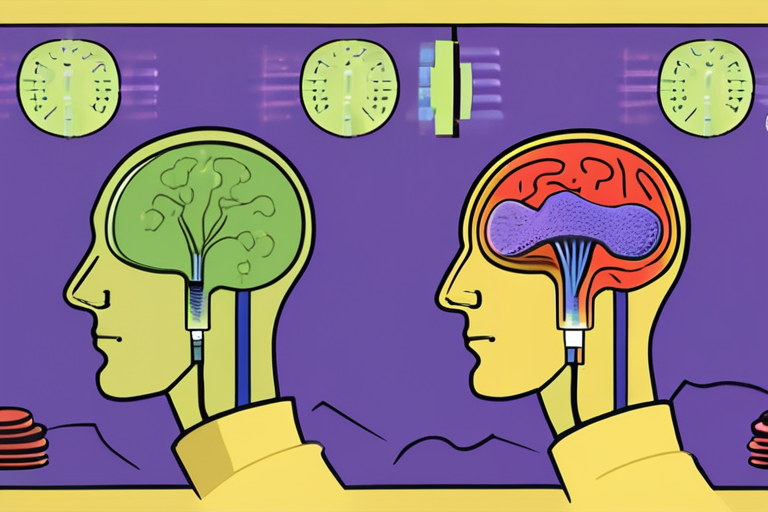Scientists at the Association for Psychological Science have recently uncovered meditation's hidden side effects, revealing that nearly 60% of meditators experience some kind of effect, with about a third finding them distressing. Psychologist Nicholas Van Dam led the research, which aimed to investigate the potential risks associated with meditation in medical and therapeutic contexts.
According to the study, meditation can trigger anxiety, dissociation, and functional impairment in some practitioners. While meditation is widely promoted as a tool for reducing stress and improving mental well-being, the research highlights the need for a more nuanced understanding of its effects. "This is the kind of research that's essential for understanding the complexities of meditation," said Dr. Van Dam. "We need to be aware of the potential risks and take steps to mitigate them."
The study involved a large sample of meditators, and the researchers found that the effects were not limited to a specific type of meditation or practice. "We were surprised to find that even experienced meditators were affected," said Dr. Van Dam. "It's clear that meditation is not a one-size-fits-all solution, and we need to be more thoughtful in our approach."
Meditation has become a popular tool for supporting mental health, and it is often recommended by healthcare professionals. However, the new research suggests that it may not be suitable for everyone. "This study highlights the importance of individualized approaches to meditation," said Dr. Van Dam. "We need to take a more personalized approach to meditation, considering the unique needs and experiences of each person."
The researchers emphasized the need for further research to understand the underlying mechanisms of meditation's side effects. "We still have a lot to learn about the effects of meditation," said Dr. Van Dam. "This study is just the beginning of a larger conversation about the potential risks and benefits of meditation."
The study's findings have significant implications for the use of meditation in medical and therapeutic contexts. Healthcare professionals and meditation practitioners will need to be more aware of the potential risks and take steps to mitigate them. "This research will help us to develop more effective and safer approaches to meditation," said Dr. Van Dam.
The study was published in a recent issue of the Association for Psychological Science's journal, and it is expected to spark further research in the field. As the scientific community continues to explore the effects of meditation, it is clear that a more nuanced understanding of its benefits and risks is needed.



























Share & Engage Share
Share this article